WRAP, Courtauld Agreement 2030 & Collective Action
We are part of a growing number of companies that
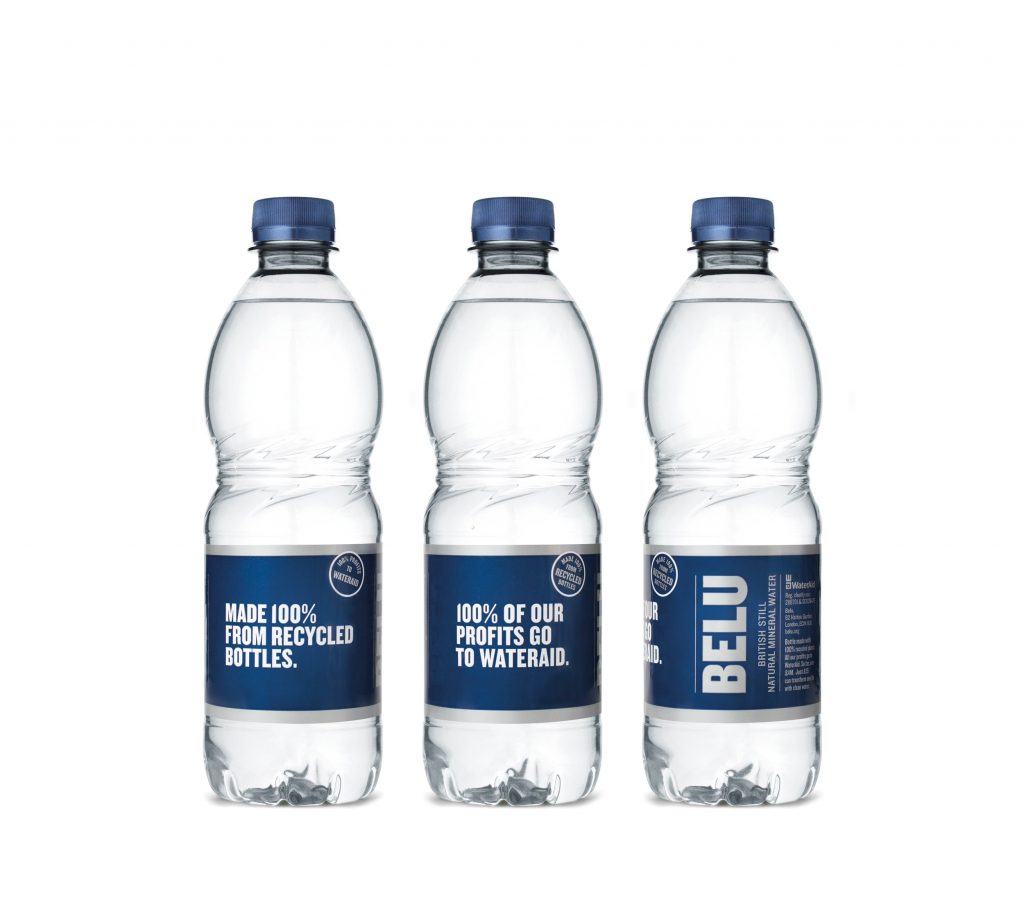

I’ve spent many years at Belu engaging with customers around the environmental challenges we all face. At times, this has been with limited success. And understandably when running a restaurant or hotel business, there is always something more pressing to do. Add this to a challenging trading environment with costs of goods rising along with competition for good people, it’s easy to understand why many Belu customers have been delighted to take our products as ‘best in class from an environmental perspective’, take our social impact with WaterAid as a bonus and carry on. After all, sales of mineral water can be a huge contributor to the bottom line, keeping businesses trading profitably and sustainable in themselves.
So when the ‘Blue Planet II’ effect hit at the start of 2018, it was music to our ears.
We’ve had much better discussions with many of our customers, made huge progress with our Filter Initiative and helped all our customers who could remove a non-revenue generating single-use product from their costs. What hasn’t been quite so easy is the frustration of seeing many (usually not Belu customers I might add) make kneejerk reactions to something they have been sold as ‘better’, purely to quieten their boss or their own guilt as the anti-plastic noise surrounds them.
If we were a regular ‘for profit’ company driven by shareholders, we would have taken a very different view. We would have said ‘hey, customers want cans… let’s make them cans and charge then a stack more than we do for plastic. At first, like many, we thought it could be a solution, and then logic and the motivation to do the right thing kicked in.
Having put a lot more analysis and thinking behind our logic, our position on cans remains clear.
Aluminium may have many benefits, especially that they’re easily recyclable. But to manufacture cans requires a vast amount of electricity to create the raw materials. Aluminium is produced from bauxite which is strip-mined, leading to a wide range of environmental issues including acid mine drainage, heavy metal contamination, air and water pollution, and impacts on drinking water and quality of life of nearby communities.
The recycling process requires heavy blocks to be exported before being rolled into sheet and reimported. Add all that up in terms of carbon emissions, to make a can would incur at least three times that of a plastic bottle of water (versus one that is made from 50% recycled plastic). So as a business that thinks environment-first, to encourage consumers to swap from drinking water from a plastic bottle to a can would simply be unethical.
So, having ruled-out cans, we also looked at cartons. Complexities of layers in the material including a plastic (polyethylene) coating mean that these products aren’t part of the circular economy we so firmly believe in (and if you haven’t already read every word on Ellen McArthur’s website we highly recommend it). While an increasing number of local authorities will collect cartons for recycling, only 37% of all cartons [1] sold in the UK are recycled here due to inconsistent collection and the fact that they are only processed at a dedicated carton recycling plant. This too has to change, but even then, we’re a long way from plastic or aluminium-free cartons and that’s before we consider how to hold in bubbles in our sparkling water.
If we dared to place cans or cartons in front of our customers as a better solution, then yes we could make more profit, and we could transform more lives. But we would also be greenwashing and misleading our customers. And our customers are intelligent people, many have already figured this out from themselves. Take Pure, for example, who made the brave decision earlier this year to publish a blog detailing their response to the plastics debate.
Look, we run a bottled water company, so if we can say it, everyone can.
The only way to get rid of using plastic in single-use products is to get rid of the product completely. Don’t buy it, use a refillable water bottle instead. And when you do, use a UK-made plastic one too because guess what, a metal one has two to three times the carbon footprint of a reusable plastic one. You only need to use a Belu refillable five times to have made a carbon improvement on buying single-use bottles.
But, if you have forgotten your refillable, and you’re looking for the next best alternative, we’re clear there is only one thing for you to do.
As it is in every product sector if you can’t remove it, buy less and buy better. So, what does better look like?
You take a plastic bottle and you remove all of the fossil fuel element of the raw material. You make it 100% recycled plastic. A bottle made completely from bottles. And you don’t just do it to some of your product, you do it on all product lines. That’s exactly what we have done. From right now even though this comes with a significantly increased cost to our businesses (one that we have decided NOT to pass on to our customers), all Belu plastic bottle products will be made from 100% recycled plastic. And as with all Belu products, 100% of profits go to WaterAid to help transform lives worldwide with clean water.
We’ve spent the last year battling to secure enough supply of recycled plastic. The irony of this being what has slowed down progress is not lost on any of us. Because if we can contain all plastic waste, treat it as a resource and reuse it well, we’re making the lowest carbon footprint decision we can make.
Quite simply, we all need to do the same: use less.
As consumers, we should strive to remove as much of all format single-use from our lifestyles – bottles, cans, cartons, trays and bags. And when it comes to water, if you do forget that refillable, or if filtration isn’t yet a viable option for your business, this doesn’t make you a bad person. Just ensure you avoid making changes with unintended consequences of higher carbon emissions, and incrementally improve your product choice at every opportunity.
By Karen Lynch, CEO of Belu
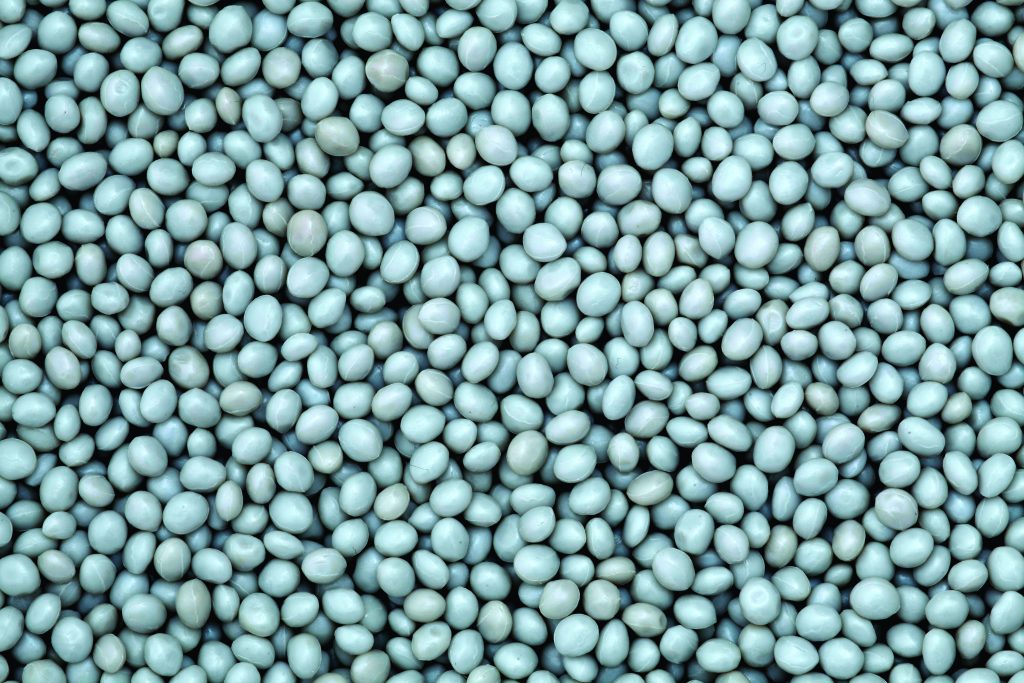
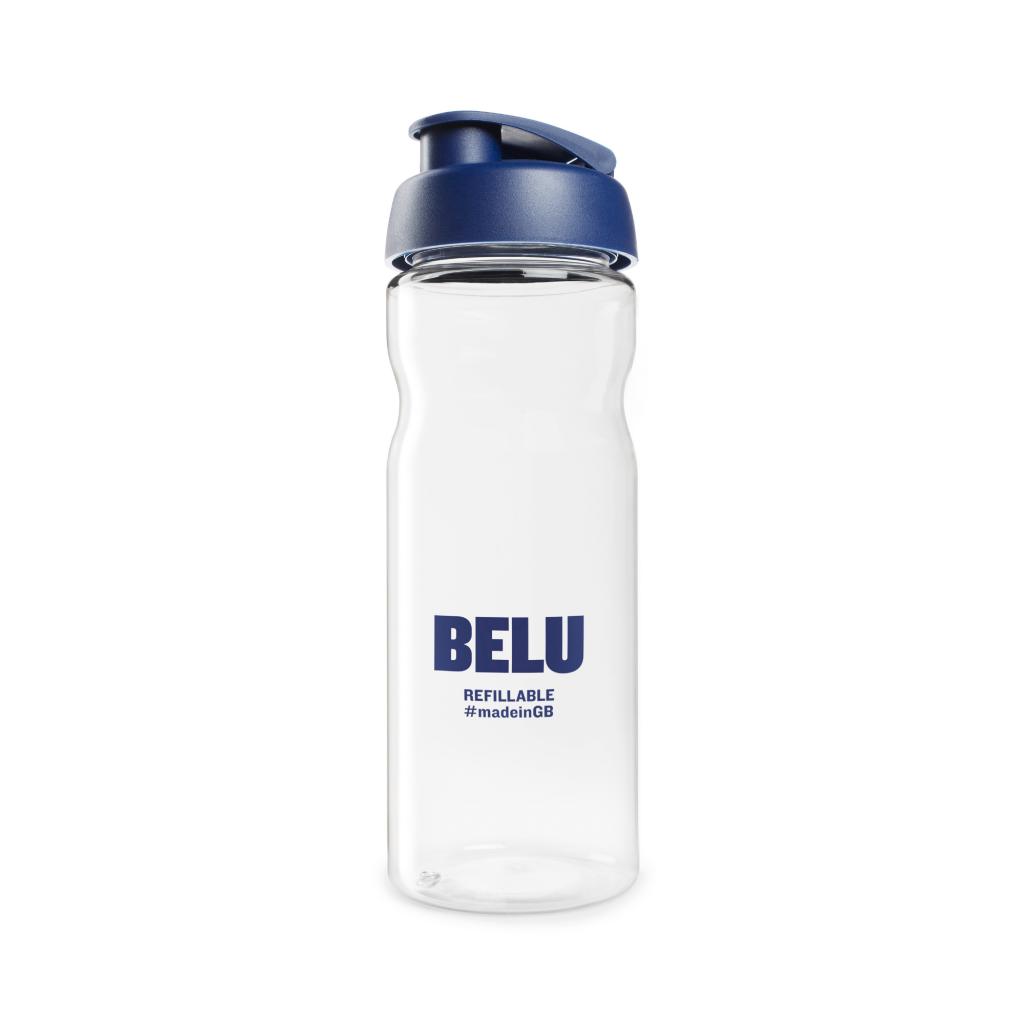

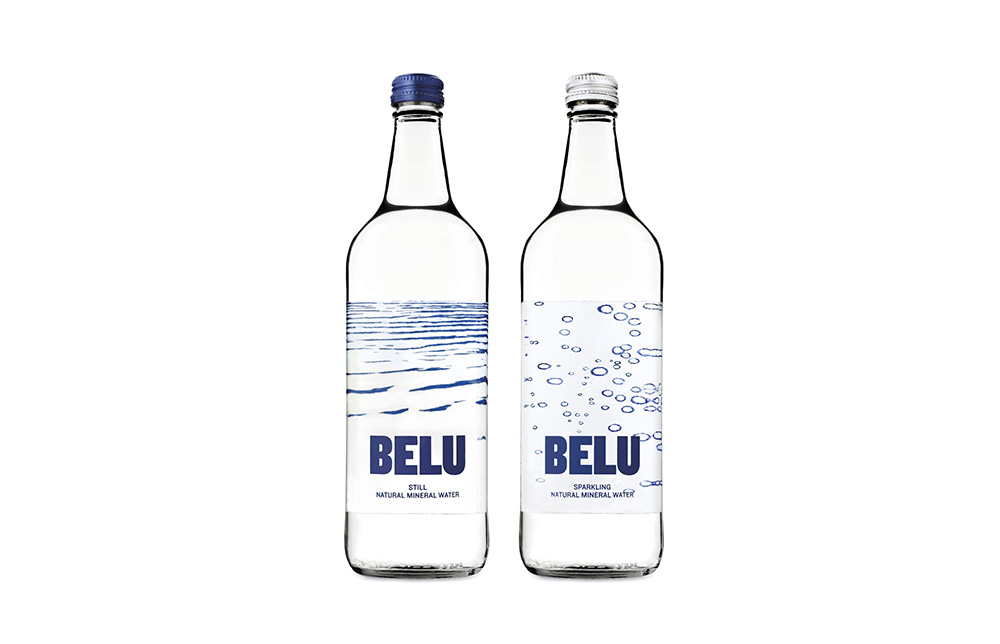

We are part of a growing number of companies that
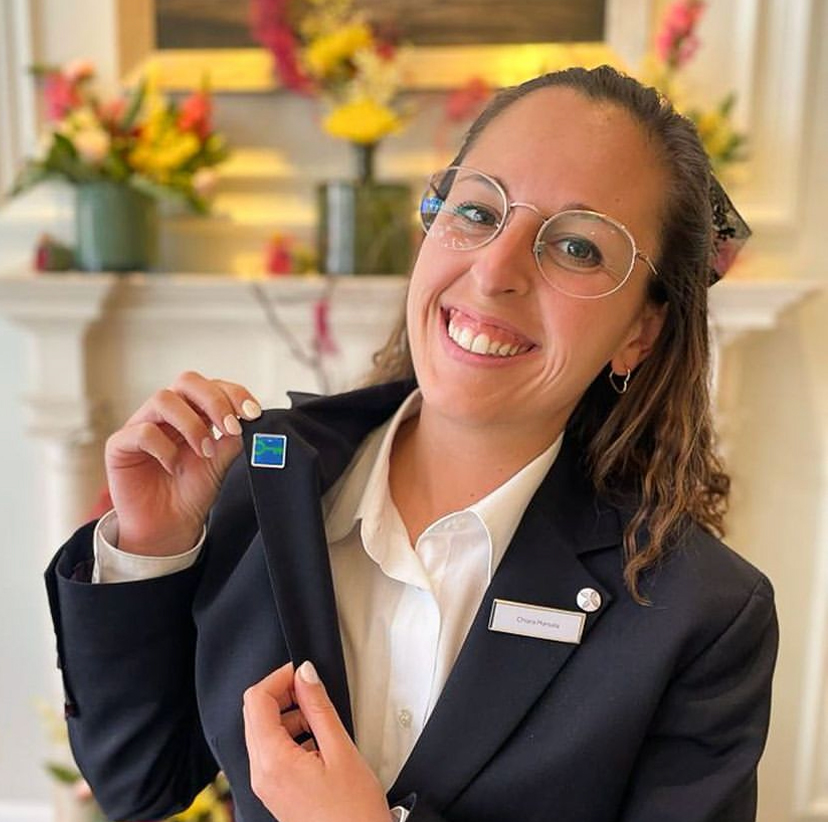

Belu has been helping hospitality to be more sustainable since


You may have seen our Co-CEO Natalie Campbell MBE in